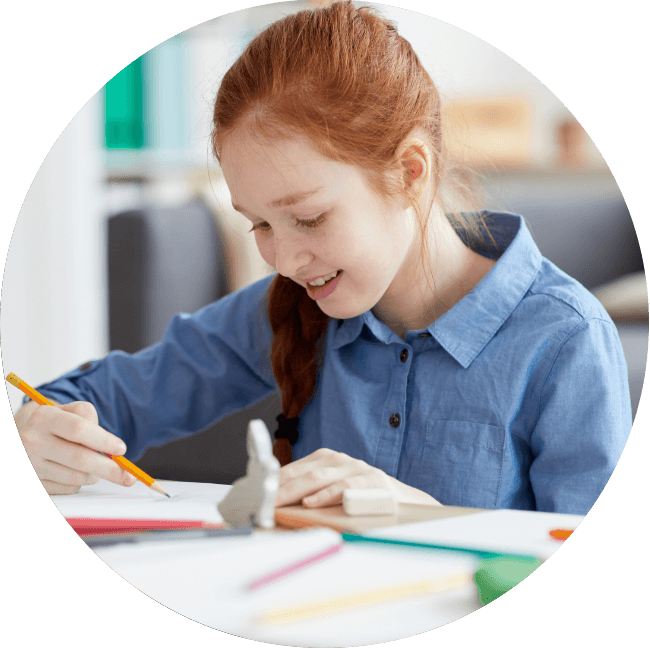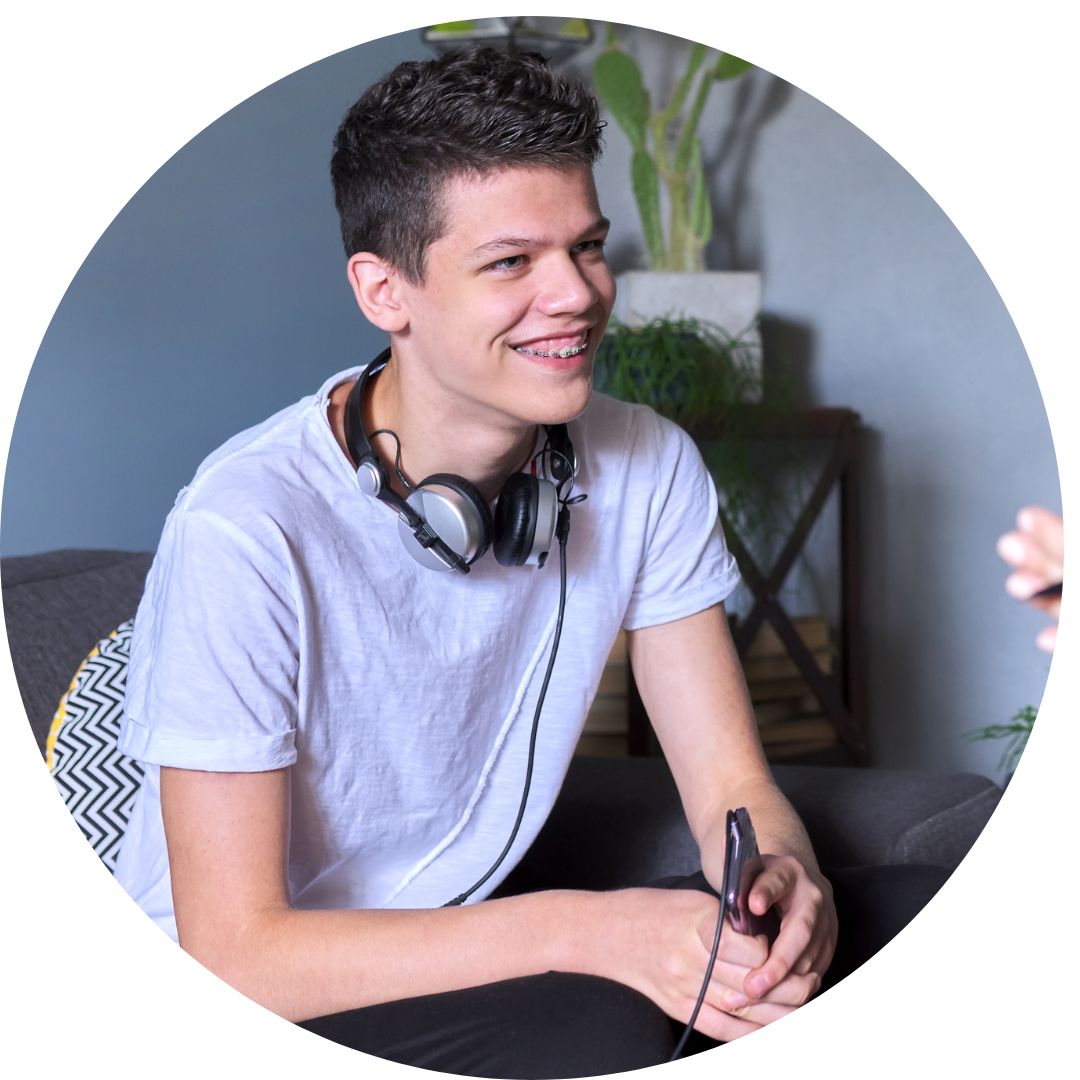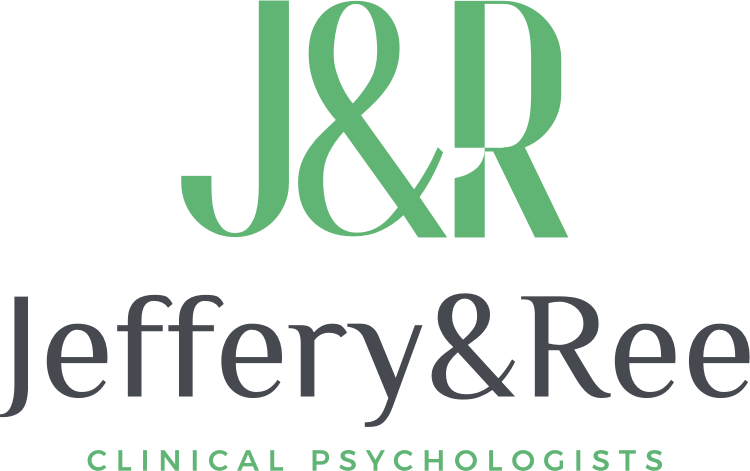Child ADHD support Perth
Written by Yasmin Gonella, Clinical Psychologist.
Children with Attention Deficit Hyperactivity Disorder (ADHD) have a different kind of brain. This brain can be like a superpower, and they may be highly creative, a really caring friend, or have a great sense of humour. Lots of famous and successful people have ADHD – i.e., Jim Carey!
Saying that, children with ADHD can also struggle coping with day-to-day life.
ADHD is a lifelong neurodevelopmental condition where children have difficulties with their attention and/or are unusually active and impulsive compared to children of the same age. Although ADHD looks a little different in everyone, you may notice this when your child has difficulties paying attention to instructions, sitting still, or is a “chatterbox”. More than 1 million Australians have ADHD including 6-8% of Australian children.

This does not mean that children with ADHD can’t concentrate on anything. Children with ADHD can focus a bit on something they find interesting. What it means is that it takes children with ADHD a lot of effort to keep paying attention to something over an extended period, especially if they find it boring. You may find your child can focus on their favourite game for hours but focusing on homework at the end of the day may be a struggle!
ADHD often isn’t just about having attentional difficulties or having trouble sitting still. There are a lot of other struggles common for children with ADHD. For example, they may have trouble coping with their emotions and therefore have big anger outbursts, they may have trouble keeping to a morning routine (despite your best efforts!) and are often late for school, or they may have difficulties sleeping. Things like anxiety and fitting in at school may also be a challenge which can affect their self-esteem. It is also important to note that ADHD can often look very different depending on gender and is often missed in girls who are often less likely to be hyperactive (which is more obvious) and instead tend to learn ways to hide their difficulties.
How can clinical psychologists help support a child with ADHD?
Many people think that medication is the only treatment for ADHD. This is a common misconception. As outlined in the 2022 Australian Evidence-Based Clinical Practice Guideline for ADHD by the Australian ADHD Professionals Organisation (AADPA), non-pharmacological (non-medical) treatment is also an important part of treatment. Clinical Psychologists can provide this. These guidelines suggest that having both treatment types can not only help reduce ADHD symptoms but can also improve functioning and wellbeing for children with ADHD and/or their families. Non-medical treatment is also suggested for when access to medical treatment is not possible or for when there are long waitlists (like there are now!). Some people also only need one type of treatment, medical or non-medical. It is recommended for people that are adequately supported by one treatment type alone can seek non-medical treatment only.
So, what is non-medical treatment?
Non-medical treatment is an evidence-based way to help minimise the day-to-day impact on functioning from ADHD symptoms and improve wellbeing for children with ADHD and/or their families. By doing so, it can even help reduce the symptoms of ADHD and co-occurring conditions themselves. This is done by:
- First providing education on ADHD. You can’t actually see ADHD so it can be easy to miss. Once we improve our understanding of what ADHD actually looks like in real-life for your child it can help explain some of their difficulties.
- Helping to make realistic lifestyle changes (e.g., changes to sleep, diet, and exercise) that will work for your family.
- Supporting parents to upskill their parenting to meet the sometimes challenging needs of children with ADHD. Parents of a child with ADHD are often great parents, however, we aren’t inbuilt with a manual on raising children with ADHD. Getting some extra support in this area from professionals can be really helpful and might also explain why what works really well for one of your children does not necessarily work well for the other.
- Providing evidence-based therapy for difficulties that often co-occur with ADHD, such as anxiety, low mood, peer relationship difficulties, and poor sleep.
- Cognitive-behavioural interventions. These are evidence-based therapies that help change:
- 1) the environment (at home, school, or in social settings) to set your child up for success,
- 2) behaviour through teaching strategies to help cope and manage ADHD symptoms, and
- 3) our unhelpful thinking patterns to improve things like problem solving, stress management, and/or self-esteem.
Although children with ADHD are wonderful in so many ways they can also really struggle with coping with day-to-day life. This can then be challenging for families who want the best for their child, however, aren’t inbuilt with a manual on how best to support a child with ADHD. This is where clinical psychologists can help to improve wellbeing, functioning, and more.

You can read about the new J&R Psychology Perth ADHD assessment and support service here.
Reference: The Australian Evidence-Based Clinical Practice Guideline for ADHD by the Australian ADHD Professionals Organisation (AADPA; 2022)
Blog overview
